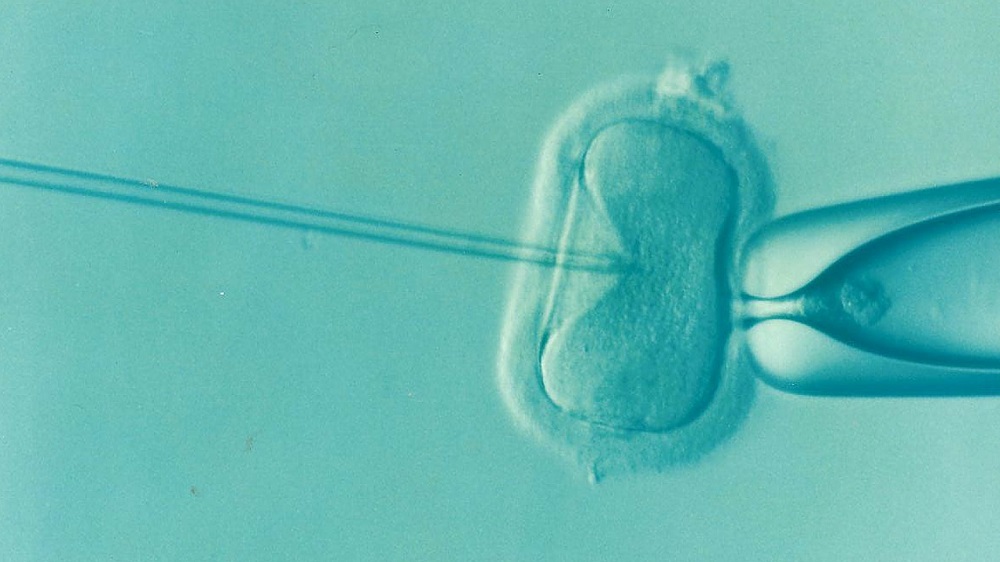IVF process

The IVF process or in vitro fertilization , a noteworthy advancement in the field of reproductive medicine, follows a carefully coordinated series of steps designed to facilitate the fusion of an egg and sperm outside the human body. The commencement of the IVF procedure involves stimulating a woman’s ovaries to generate multiple eggs, a crucial phase aimed at maximizing the likelihood of successful fertilization. Once these eggs reach maturity, they are retrieved through a minimally invasive procedure. The subsequent critical step in the IVF process entails combining the retrieved eggs with sperm within a controlled laboratory environment, leading to the formation of embryos. These embryos undergo thorough monitoring to assess their development and quality.
Monitoring Stage in IVF Process
Embryo Transfer
Multiple Cycles
Throughout the IVF process, the role of medical professionals is crucial. Fertility specialists, embryologists, and support staff collaborate to ensure the smooth progression of each phase. Their expertise in navigating the complexities of the IVF process significantly contributes to its overall success.
The evolution of the IVF over the years has been characterized by continuous research and innovation in reproductive medicine. Ongoing advancements contribute to refining techniques, enhancing the overall efficiency and success rates of the IVF process.
In conclusion, the IVF unfolds as a multifaceted journey, marked by distinct stages from ovarian stimulation to embryo transfer. Each step within the IVF process plays a crucial role in optimizing the chances of successful fertilization and implantation. The careful monitoring, specific selection of embryos, and the emotional barricades of the two-week wait underscore the complexity and significance of this process.
You can read more about IVF here in a quote from wikipedia:
The Latin term in vitro, meaning “in glass”, is used because early biological experiments involving cultivation of tissues outside the living organism were carried out in glass containers, such as beakers, test tubes, or Petri dishes. Today, the scientific term “in vitro” is used to refer to any biological procedure that is performed outside the organism in which it would normally have occurred, to distinguish it from an in vivo procedure (such as in vivo fertilisation), where the tissue remains inside the living organism in which it is normally found.
A colloquial term for babies conceived as the result of IVF, “test tube babies”, refers to the tube-shaped containers of glass or plastic resin, called test tubes, that are commonly used in chemistry and biology labs. However, IVF is usually performed in Petri dishes, which are both wider and shallower and often used to cultivate cultures.
You can always have access to all our services in one place, Click here!
































